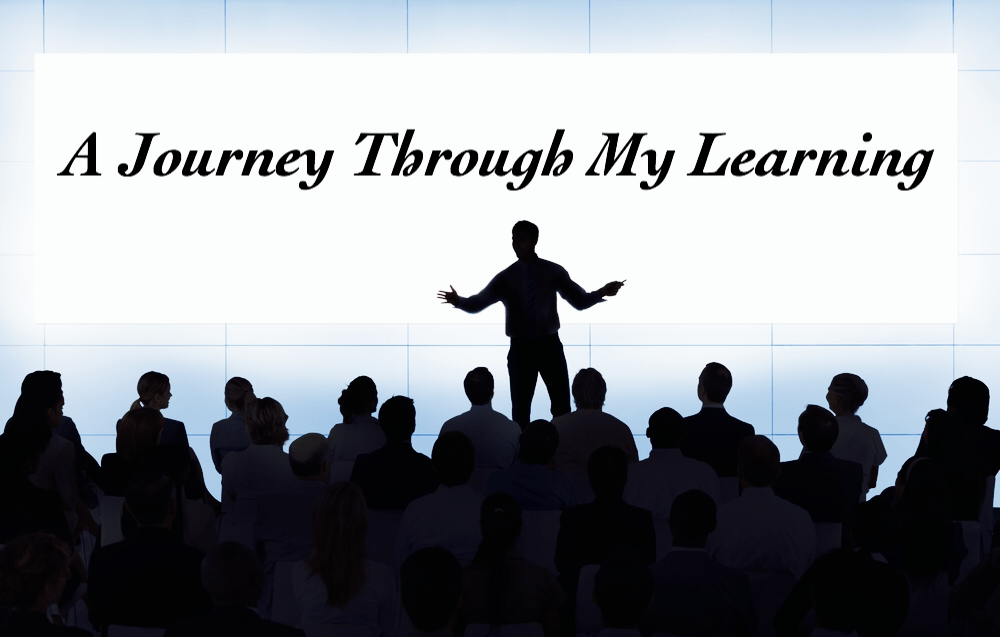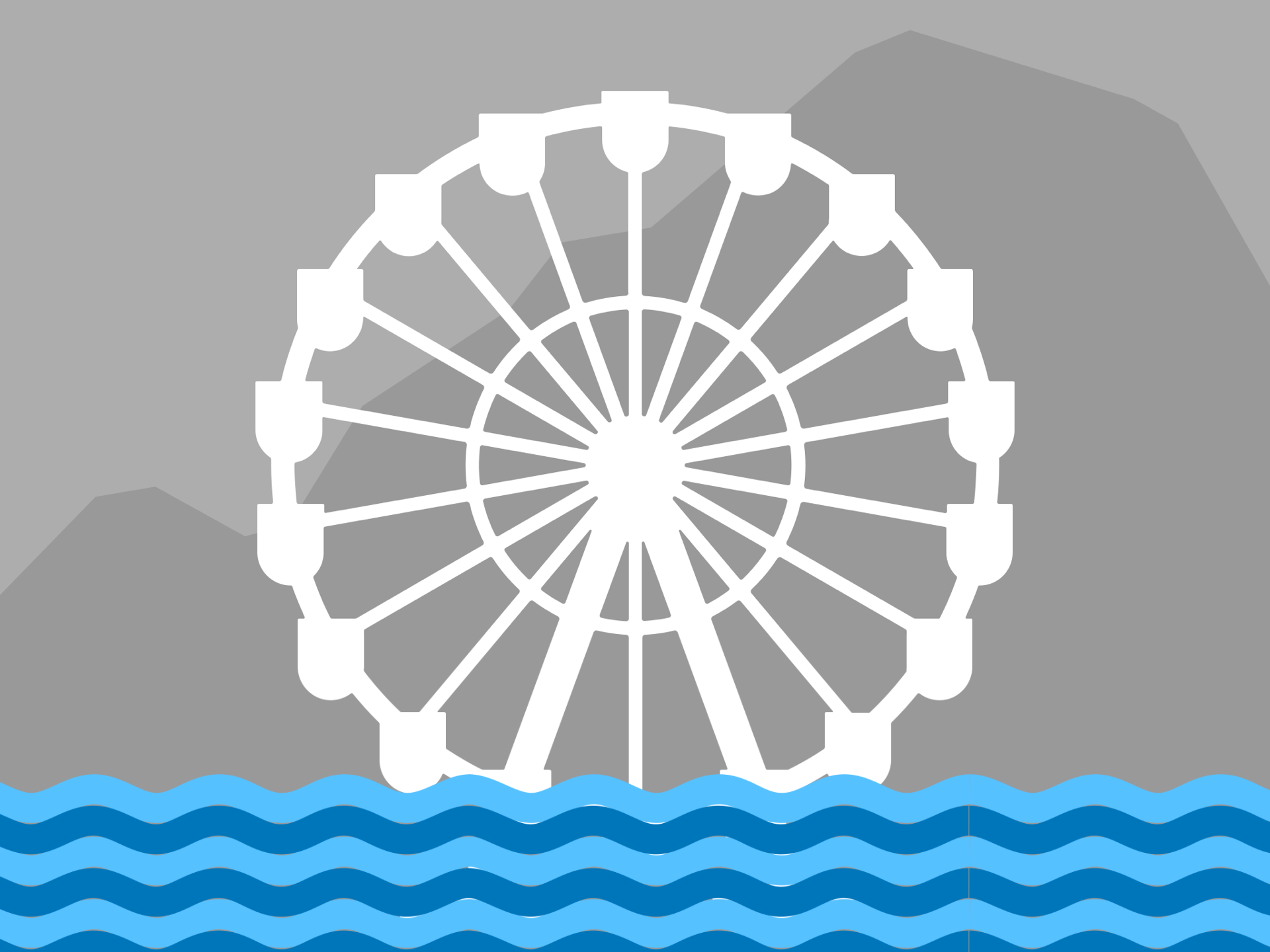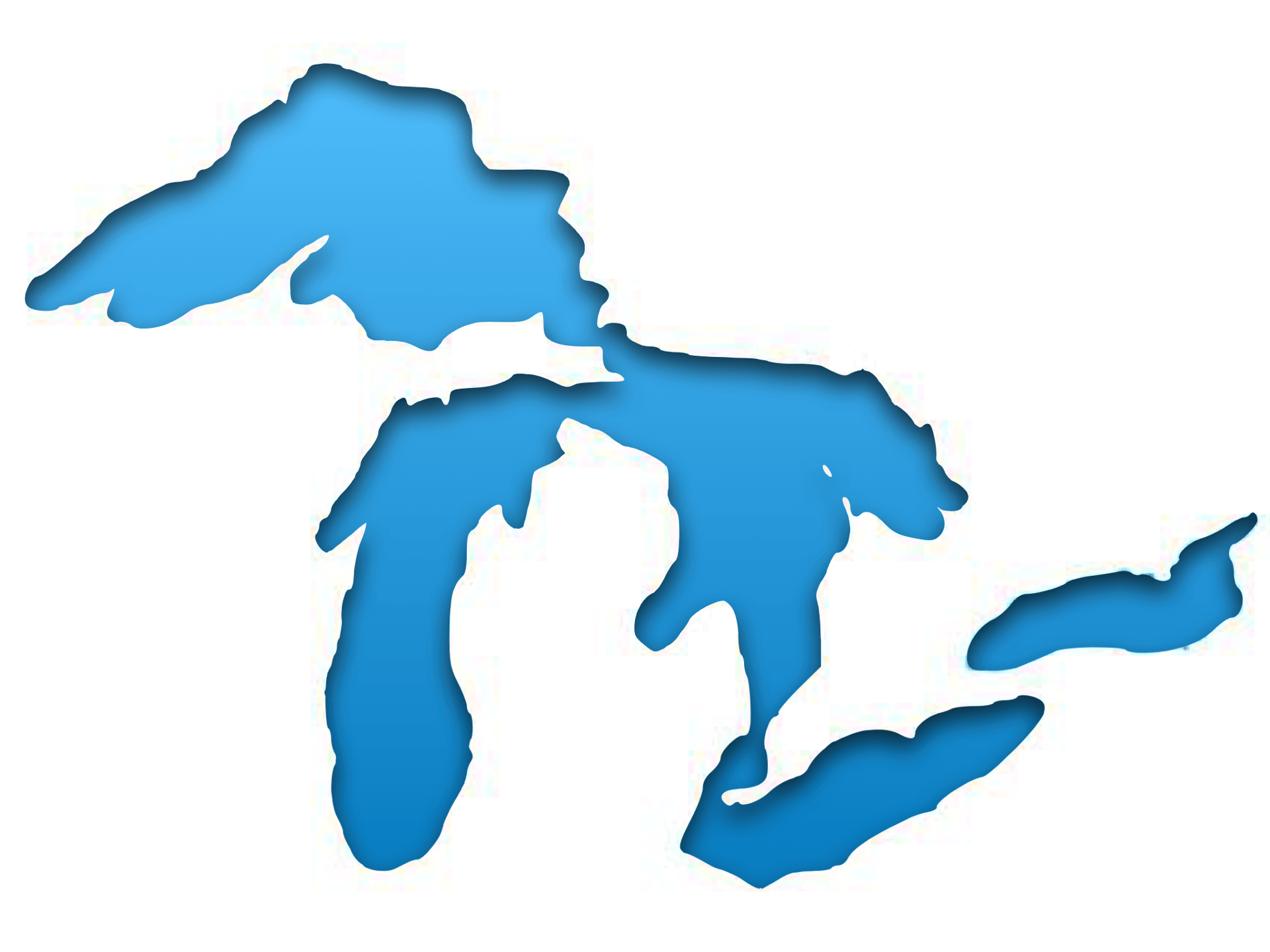It’s that time of the year again, where we reflect on all that has transpired, and prepare to move into the next year. PLP is a program focused on growth, and this year I have strived to go further than I have before. From leaving my comfort zone on Field schools, to running a class project, everything this year has pushed me farther along the path to success. For this tPOL, I’m going to draw from three different projects that really stretched my thinking, and reflect on how they have prepared me for the future.
What skills did you use and what skills do you want to continue to develop?

One thing that has definitely been a challenge over the past few months is learning online. It has not been easy, even for PLP. PLP was definitely quicker to adapt than some of my other courses, but having no contact, really, with a lot of the teachers has been extremely difficult. Being in PLP, though, has definitely been an advantage. I was able to use skills that I developed in this program, that made the switch a lot easier. From being comfortable on a device, to just straight up having applications on our devices, made online work seem more accessible. Even with all that, it’s still a struggle to motivate yourself to get things done. I’ve had a very hard time with exactly that, motivation. With school, and work, it is hard to get everything done. So I’ve had to use a lot of skills from our PGP course to help. Making to-do lists, tracking habits, it’s all really helped. The ideas that we’ve learned from that over the past two years have been incredible beneficial in this crazy time.
Did your goals for your work change as you worked on it?
Speaking of habits and PGP, I want to talk about our most recent PGP project, and how my ideas, and goals, changed as I worked on it. So, basically, as a summary of the project we were reflecting on all that we had learned from the book Atomic Habits by James Clear. Now, I started out wanting to make a little, like, vague habit tracking book, where you could have a physical place to mark off what you have done. But the I took another look back at atomic habits, and looked at the laws, and saw how I could incorporate more of those ideas into my journal. And once I had done all of that, I was pretty proud of myself. I took a flimsy little idea, and turned it into something I am really proud of. It became something that anyone, whether or not you had read the book, could use to help them with their goals.
What problems did you encounter? How did you solve them?
The final example that I’d like to bring up is the Macbeth project. This was probably one of the most difficult projects that I’ve ever done, and not even because of the subject matter. That was confusing an a whole other level. The difficult part was being the producer. I’ve always struggled with group work, because I find people weird and confusing, but this took it a step higher. As producer, I had to work with everyone, and not act superior, but also be their superior. We have some strong people in the class, and so already when roles were chosen there was a bit of strife. Add to that the fact that we basically had two and a half weeks to write, prepare and film the movie, well, I started stress baking. It was difficult to try and work with others who were very set in their ways. Our key creative team, though, did pretty well under the circumstances, though. We tried to solve disagreements in a calm manner, and spent a lot of time working through tough patches. We were pretty adaptable, and when everything started to fall apart I tried my darnedest to keep it together. Overall, I learned a lot about myself, and the other people in the class.
And that concludes my tPOL. Thank you for listening to me, and I would just like to leave you with a question: How have I demonstrated teamwork in the past, and how have I progressed since then?




 One of the biggest things I have taken away from PLP is leadership, and learning to work with others. While being a leader is good in some respects, sometimes I feel as though other people want to lead. I don’t try to vie for leadership, I step up only when no one else will. Leading a class like ours is sometimes difficult, as we try not to get on each other’s bad sides. When we were tasked with creating our own groups for the
One of the biggest things I have taken away from PLP is leadership, and learning to work with others. While being a leader is good in some respects, sometimes I feel as though other people want to lead. I don’t try to vie for leadership, I step up only when no one else will. Leading a class like ours is sometimes difficult, as we try not to get on each other’s bad sides. When we were tasked with creating our own groups for the  On the
On the  The project that I really struggled with this on was the
The project that I really struggled with this on was the 



